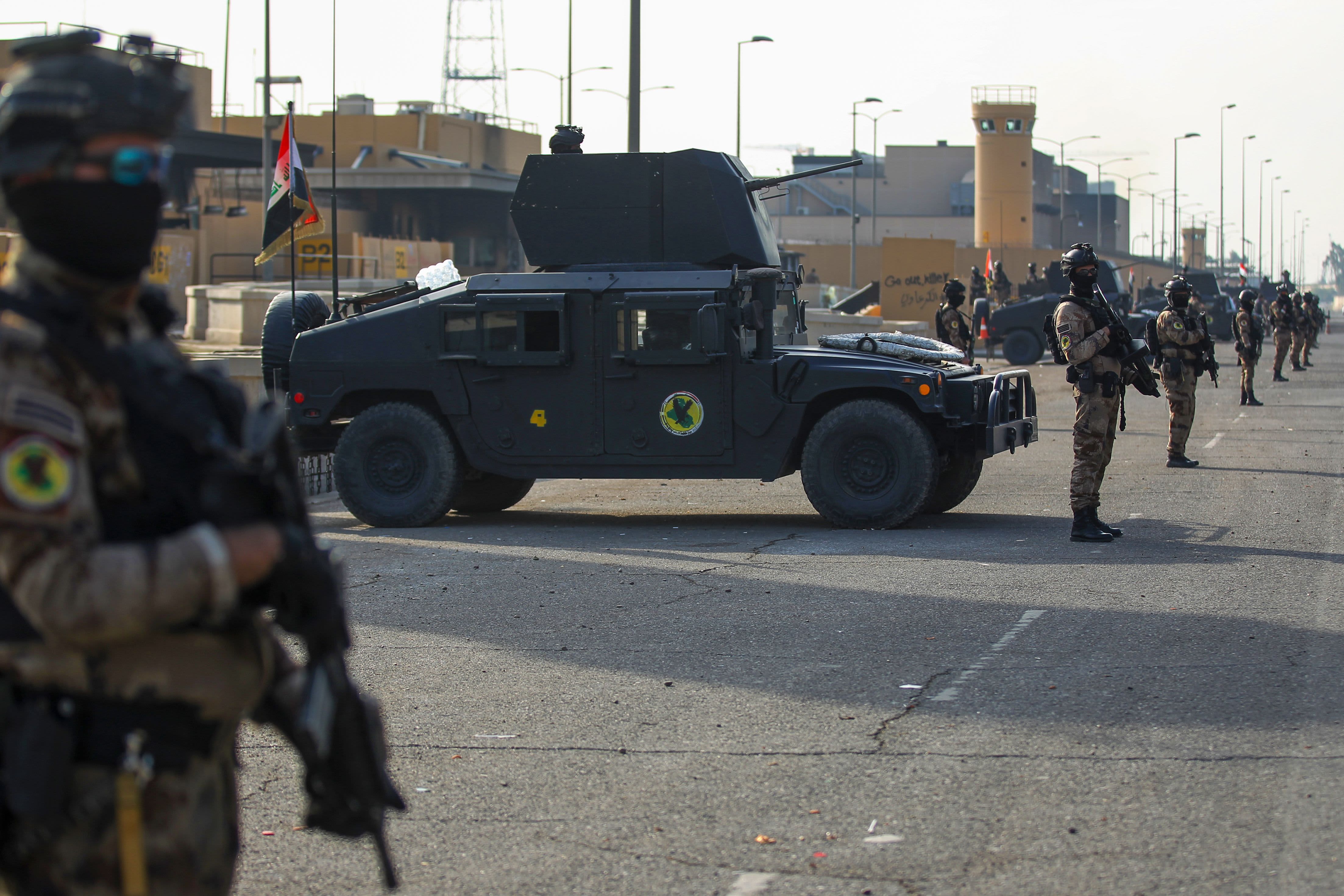Oil prices tend to see sustained gains following Middle East crisis events, while stocks eventually churn higher as safe haven assets gold and Treasurys fade from their initial pops, according to historical analysis.
Oil prices jumped roughly 4% on Friday after a United States airstrike in Baghdad killed Qasem Soleimani, one of Iran’s top military commanders. Safe haven assets rose as well, with bonds and the U.S. dollar moving higher. U.S. equities slipped, with the S&P 500 down about 0.8% and the Dow Jones Industrial Average losing more than 250 points, or 0.9% as investors took some risk off.
If financial markets follow historical precedent, many of those changes will reverse in the coming months.
CNBC used hedge fund analytics tool Kensho to analyze financial markets following 20 crisis events in the Middle East over the last three decades, including the attacks on oil facilities in Saudi Arabia last September. The analysis found that oil prices see a positive change more than 80% of the time in the month following major events. Gold and stocks followed as the next most successful asset classes.
Looking at a three month horizon, stocks and oil rallied further while safe haven assets gave up their gains. Treasurys and the dollar post negative returns over this time frame, on average, while gold prices are flat.
Opinions on near-term oil prices were mixed following the attack. UBS said in a note that investors should not expect an extended rally, while SunTrust said the strike was “likely to place a new higher floor” for oil.
Analysts were somewhat cautious on stocks amid uncertainty about how Iran would respond.
“Barring an escalation, the backdrop for equities remains favorable,” Evercore ISI said in a note to clients, while UBS suggested that investors “consider protection strategies.”
Soleimani was a key figure in Iranian politics and the leader of an elite Iran special forces unit. He had been blamed for an attack earlier this week on the U.S. embassy in Baghdad. The targeted attack also killed Abu Mahdi al-Muhandis, the deputy commander of Iran-backed militias known as the Popular Mobilization Forces.
The U.S. State Department urged American citizens in Iraq to leave the country as quickly as possible. Iranian leaders have called for retaliation in response to the strike.
—CNBC’s Michael Bloom contributed to this story.
